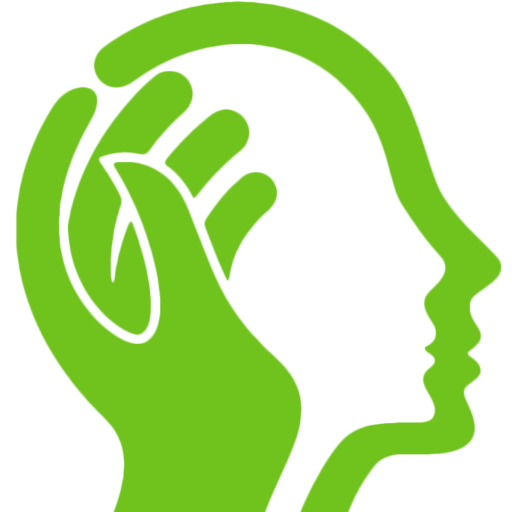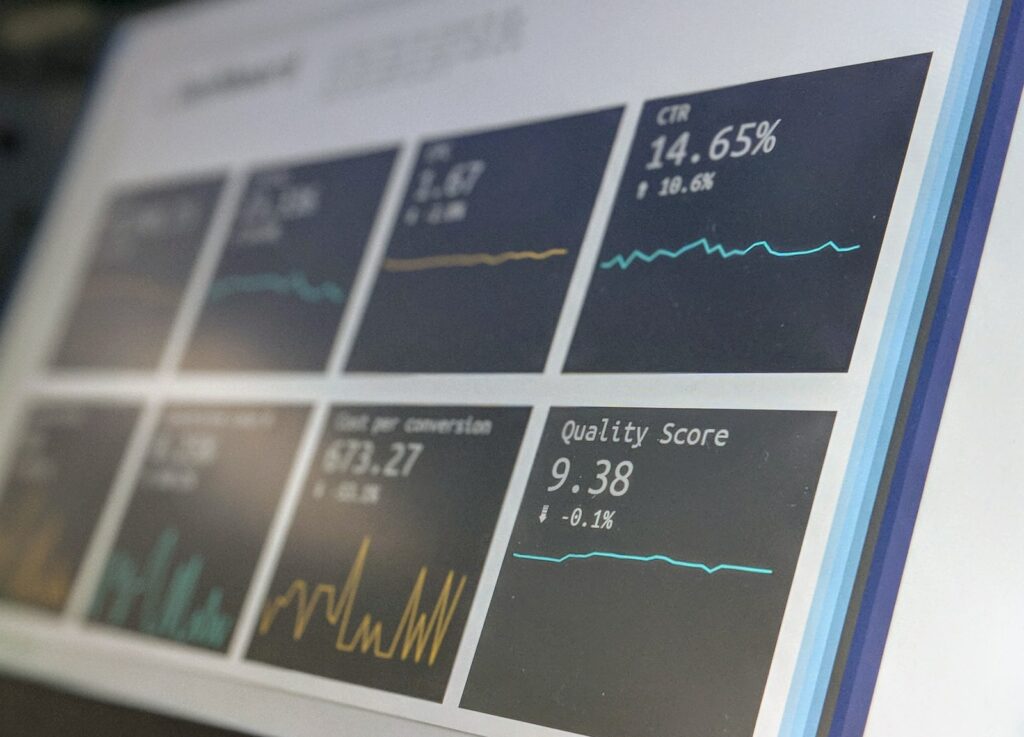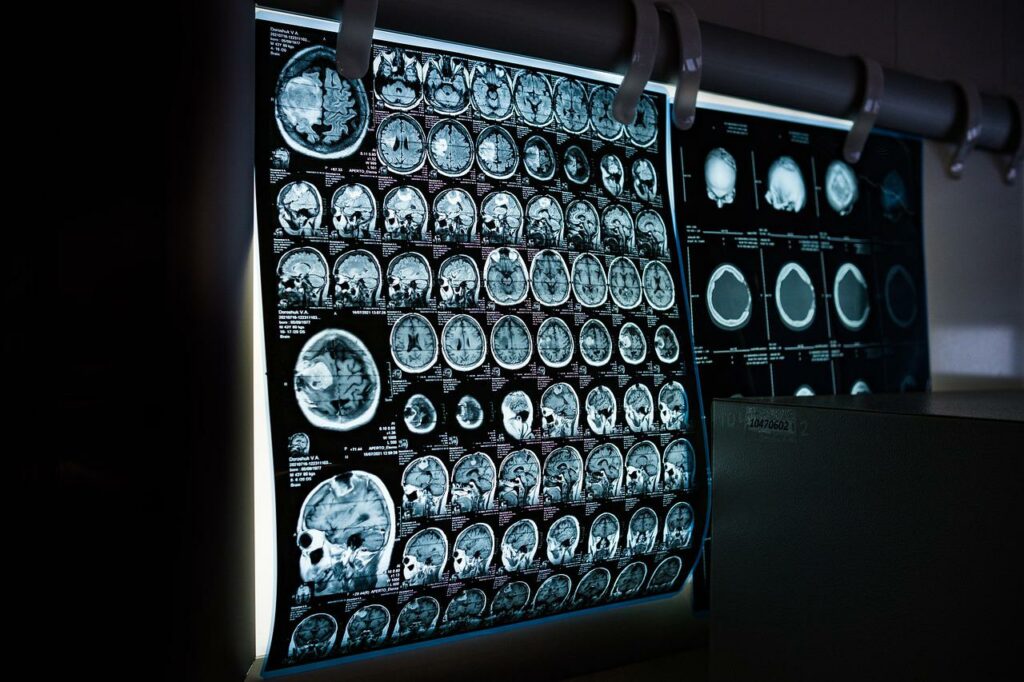people

Chris is a Consultant Neurologist with subspecialty interest in behavioural neurology and cognitive disorders, and Professor of Clinical Neurology and Dementia at University Hospital Southampton and the University of Southampton. He leads the Cognitive Disorders service at the Wessex Neurological Centre.
Chris is Clinical Director for Research and Development at University Hospital Southampton and Director of the Southampton Emerging therapies and Technologies (SETT) Centre. He is the Wessex Clinical Research Network regional lead for Division 4 (Mental Health, Dementia, Nervous System Disorders), and a co-lead in the Ageing and Dementia theme within the Wessex NIHR-ARC.
As chief and principal investigator for a number of clinically-based research studies, he has a particular interest in the diagnosis of dementia using imaging and biomarkers, the use of digital care platforms and improving processes to support clinical excellence.
Contact:
..
featured publications:
Quality of life (QoL) has seldom been investigated or explicitly measured in young-onset dementia (YoD). The aims of this study were (1) to investigate and compare QoL self- and proxy...
Aim: To assess the clinical impact of regional cerebral blood flow (rCBF) single-photon-emission computed tomography (SPECT) imaging on diagnosis and clinician diagnostic confidence in a cohort of individuals with cognitive...
Post-diagnostic care in young-onset dementia (YoD) varies, from something that is occasionally structured, to improvised, to frequently non-existent depending on geographic region. In a few regions in England, a nurse...
Dementia is an increasing problem in today’s ageing society, and meeting future demand for care is a major concern for policy-makers and planners. This paper presents a novel hybrid simulation...
Objectives: The aim of the study was to model dementia prevalence and outcomes within an ageing population using a novel hybrid simulation model that simultaneously takes population-level and patient-level perspectives to...
The reasons for acute hospital admissions among people with Parkinson’s disease are well documented. However, understanding of crises that are managed in the community is comparatively lacking. Most existing literature...
Background: Prognosis for Alzheimer’s disease is difficult, with rates of disease progression varying widely. Despite the extensive use of clinical dementia severity assessment scales to determine dementia diagnosis and to monitor...
Complex long-term neurological conditions often require the input of several health care teams across primary and secondary care settings. Personalised care plans allow for integrated care planning and improved communication...
The use of digital health technology to promote and deliver post diagnostic care in neurological conditions is becoming increasingly common. However, the range of digital tools available across different neurological...
recent publications:
research projects:
This study uses surveys and focus groups to identify the factors that help to maintain an individual’s optimal level of...
University Hospital Southampton utilises the patient online platform My Medical Record, enabling the sharing of relevant documents, addition of personal...
The use of e-health platforms is expanding rapidly, but their promise of more efficient and effective healthcare will not be...
The economic burden of long term neurological conditions pathways is difficult to quantify. With the ambition to deliver care differently...
During Covid non-face-to-face care increased significantly and was often replaced by digital care (phone, email, video, apps). As we continue...
Digital technology has the potential to help reduce variation in care, make care more personal, improve integration of care, identify...
An interdisciplinary collaboration with clinical, data and basic scientists from the Faculty of Medicine, Biological Sciences and University Hospital Southampton...
The CADI study was focussed on a service evaluation questionnaire to determine the use of perfusion SPECT imaging to influence...
The BRAIN AI study developes targeted inflammation and imaging biomarkers. A novel diagnosis support tool is being developed to facilitate...
The Young Onset Dementia Assessment Study (YODA) is a longitudinal prospective cohort study with multiple aims, including: a) Improve the...
The number of people living with a neurological condition is increasing. This means there will be increasing demand on existing...
Digital health platforms can improve care and support self-management, but only if they actually work and if people make use...




















